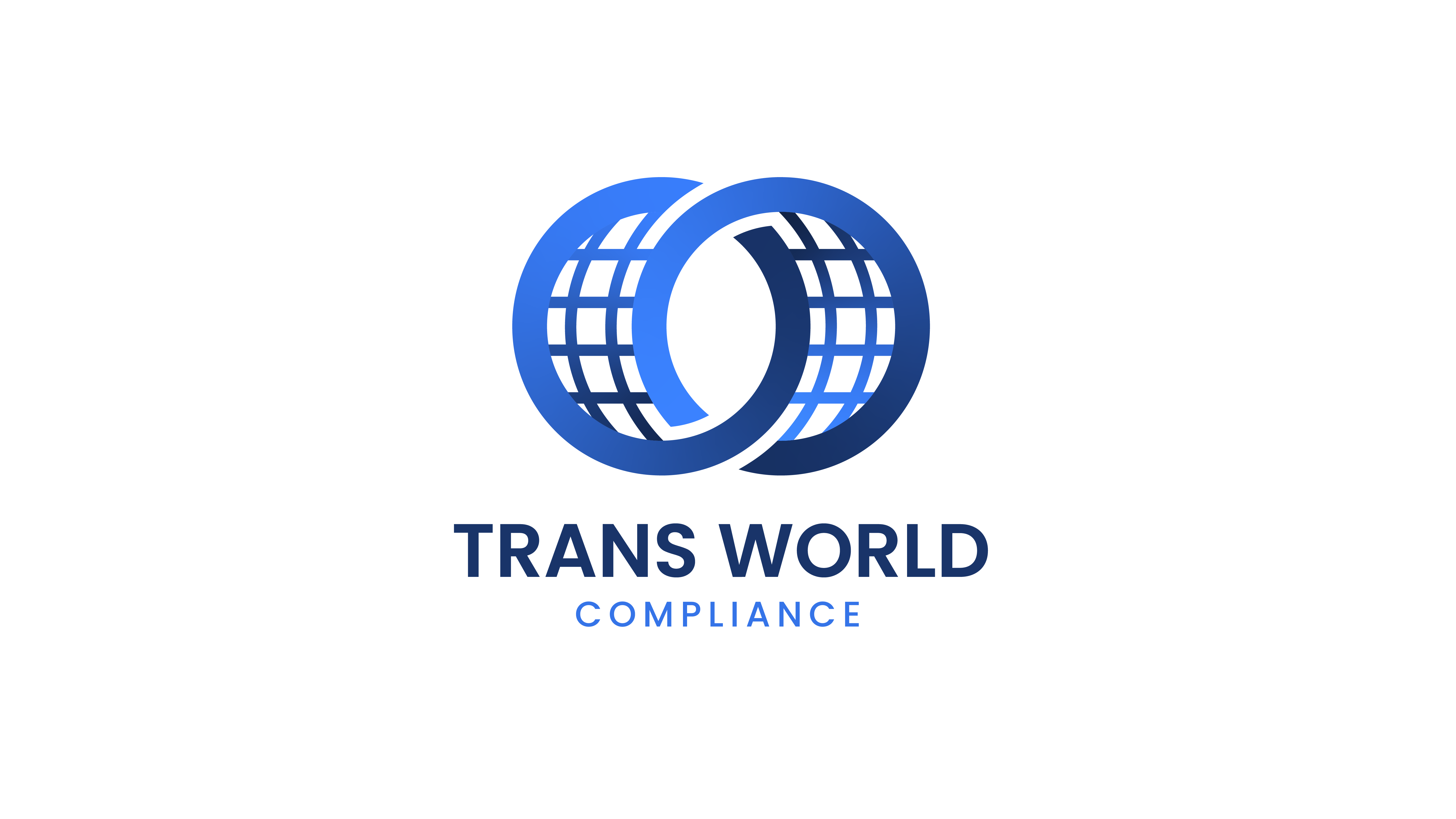Seven Compliance Resolutions for 2025
As we enter 2025, financial institutions face an ever-changing compliance landscape shaped by stringent regulatory demands and growing expectations for transparency. Staying ahead in this environment requires adherence to regulations and a proactive strategy to ensure efficiency, accuracy, and readiness. With this in mind, key compliance resolutions can set your institution up for success this year.
1. Embrace Automation for Compliance Efficiency
Nowadays, manual processes are no longer sufficient to meet the demands of FATCA and CRS reporting. They are prone to errors, time-consuming, and costly. Embracing automation is one of a financial institution's most impactful resolutions. By adopting robust solutions like CRS/FATCA One, institutions can streamline reporting processes, minimize human error, and save significant time and resources. Automation doesn't just simplify reporting—it ensures that institutions can quickly adapt to regulatory changes, making it an essential component of a modern compliance strategy.
2. Strengthen Data Integrity
Data is at the core of compliance. Incomplete or inaccurate client information can lead to reporting errors, penalties, and reputational risks. This year, prioritize the quality and integrity of your data. Establishing a clear data governance framework is essential for ensuring your information remains accurate and current. Regularly reviewing client details, such as addresses and tax residency information, can make a significant difference. Tools that validate data before submission, like those offered by Trans World Compliance, help institutions identify and correct errors before they become costly problems.
3. Stay Ahead of Regulatory Changes
The compliance landscape is dynamic, with new guidelines and updates emerging regularly. Staying informed about changes to FATCA, CRS, and other global initiatives is crucial for avoiding compliance missteps. In 2025, pay close attention to updates from the OECD, including the Crypto-Asset Reporting Framework, which is expected to reshape compliance for digital assets. Make it a priority to engage with industry webinars, forums, and trusted compliance partners to remain prepared for any new requirements.
4. Prepare for Audits in Advance
Audits can be one of the most stressful aspects of compliance, but the stress often stems from inadequate preparation. In 2025, commit to building a culture of audit readiness, maintaining meticulous records, submitting accurate reports, and proactively addressing potential issues before they escalate. Leveraging solutions like CRS/FATCA One, which include built-in error detection and comprehensive reporting tools, can significantly reduce the burden of audits and ensure you are always prepared.

5. Foster a Culture of Compliance
Compliance is often viewed as the sole responsibility of dedicated teams, but the truth is that it requires a collaborative effort across the organization. In 2025, aim to foster a culture where compliance is a shared responsibility. Educating employees about their role in maintaining compliance can lead to greater awareness and fewer errors. Providing regular training and using intuitive tools to simplify compliance tasks can help build this culture effectively.
6. Focus on Cost-Effective Compliance
With increasing regulatory requirements, compliance costs can quickly spiral out of control. One way to manage these expenses is by optimizing resources and leveraging technology. Automated solutions reduce the need for manual intervention, cutting costs without compromising quality. By adopting tools like CRS/FATCA One, institutions can achieve compliance in a cost-effective and scalable manner, freeing up resources for other critical areas of the business.
7. Address Emerging Trends
2025 will bring new challenges, including the rise of digital assets and the associated compliance requirements. The OECD's Crypto-Asset Reporting Framework is one such example, demanding greater transparency in this developing space. Financial institutions must prepare now by evaluating how emerging trends might affect their reporting processes and adapting their compliance tools accordingly. Preparing for these changes ensures adherence and positions institutions as leaders in innovation and transparency.
Achieving Success in 2025
The road to compliance success in 2025 is paved with preparation, adaptability, and the right tools. Financial institutions can confidently address the challenges of the year ahead by embracing automation, prioritizing data integrity, staying informed about regulatory updates, and fostering a collaborative compliance culture. With solutions like CRS/FATCA One, institutions are better equipped than ever to meet these challenges head-on and turn compliance into a competitive advantage.
Now is the time to set your resolutions and make 2025 a year of efficiency, accuracy, and proactive compliance. The success of your financial institution depends on it.



